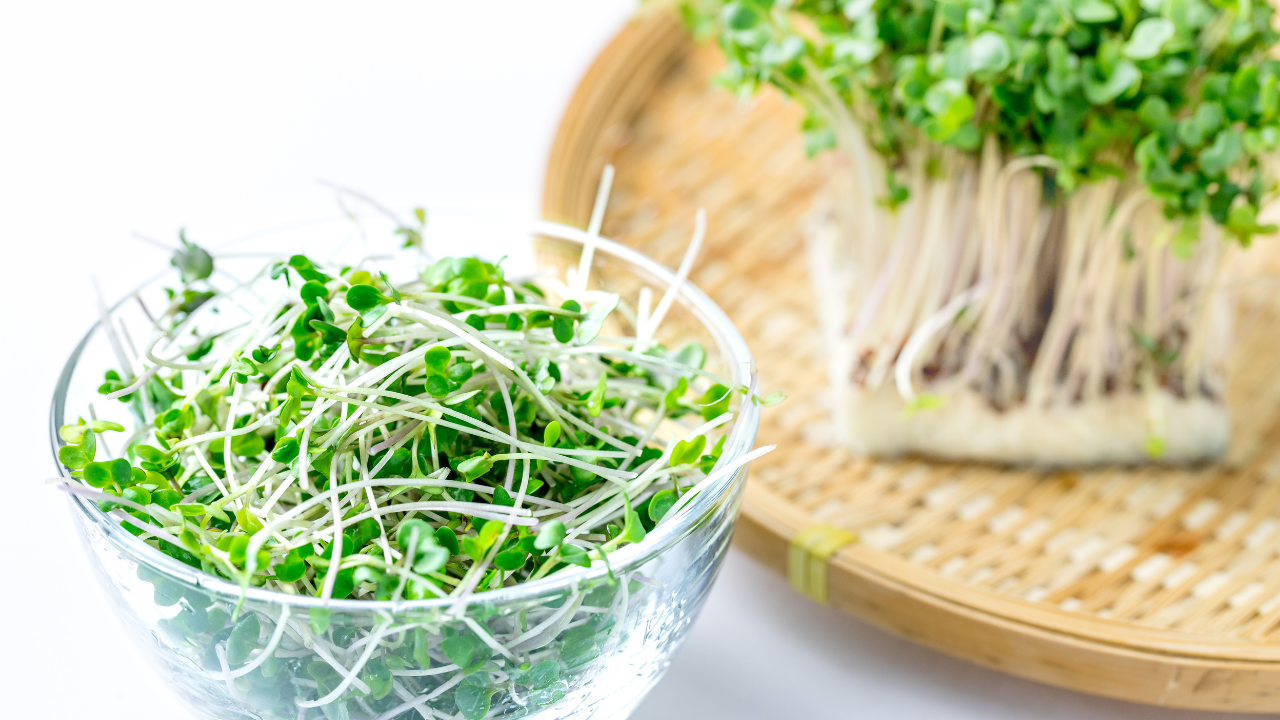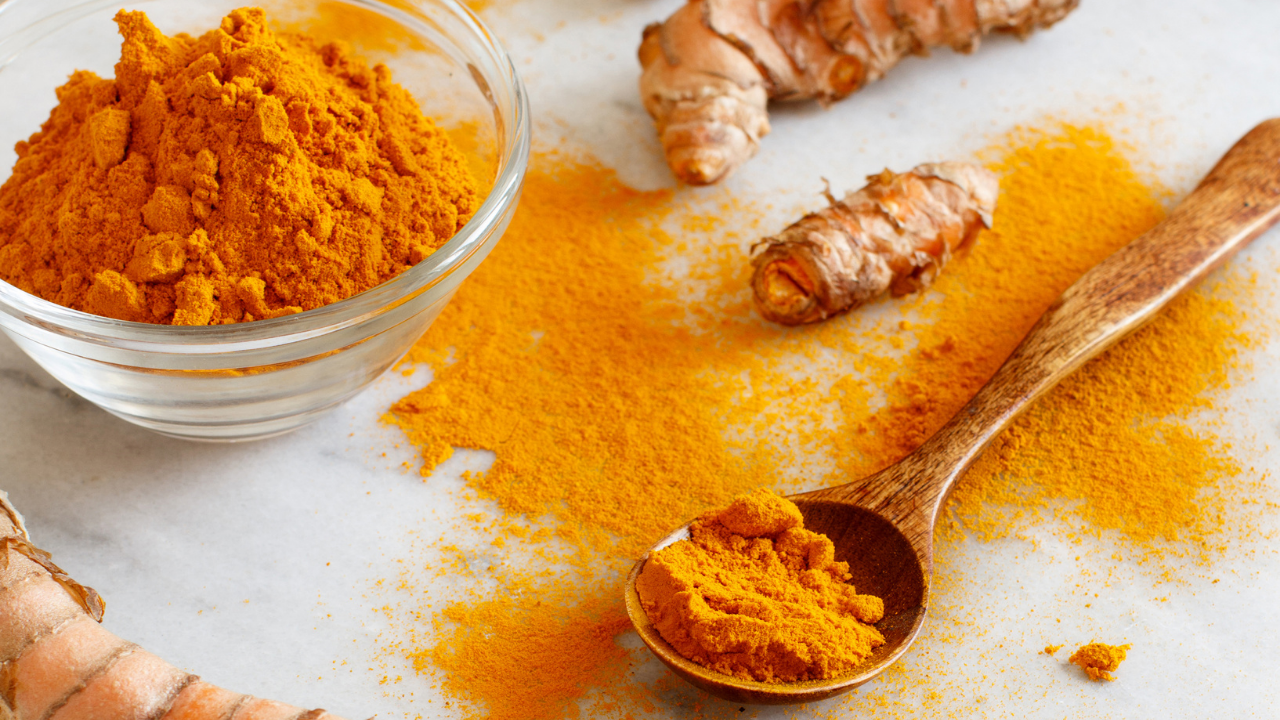|
In recent years, scientists have come to realize that cancer is caused by behavior that exposes us to carcinogenic substances, like cigarette smoking, excessive alcohol consumption, and other habits, including what we eat and how much. The doctors and nutritional experts with whom I have spoken, and the articles and research studies I have spent almost a decade reading all point to the same information: As much as 75 percent of cancer can be linked to our choices. Furthermore, the good news is that we also have proof that specific foods are useful for preventing and healing cancer. Woohoo! We’ve got this! Habits can be broken. Choices can be changed. Studies suggest that a select number of foods make our bodies inhospitable to cancer. These foods, which are the foundation of the Cancer Free with Food, help kill cancer cells before they take up residence in us and stop existing tumors from growing any further. On my diet plan, the majority of your diet will be whole, plant-based foods. Your meals will be rich in vegetables, with some fruits added for a treat, and plenty of nuts and seeds. These ingredients are what we know today as superfoods, foods rich in compounds that are considered especially beneficial for our health and well-being. Incorporating meat and dairy in your diet is up to you, and of course, if you do consume these ingredients, they must be organic and of the highest quality. Cancer cells are distorted versions of healthy cells. Knowing this, we can focus on feeding the body the nutrients that support healthy cellular function. The fastest way to promote healing is to put a high number of nutritious compounds into the body so it has what it needs to kill aggressive cancer cells. Superfoods are much more powerful than cancer. Cancer cannot survive in their presence. Too many people are nutrient deficient. Researchers studying dietary factors associated with cancer have learned that there are significant associations between cancer risk and the low intakes of specific nutrients.[i] And it’s not just residents of impoverished areas and inhabitants of famine-stricken nations, but regions in countries of the developed world where people make poor choices and eat a lot of heavily processed foods. In the West, we overeat but are under nourished. When we are nutrient deficient, we are at risk for cancer. It is up to you to put these foods into your body to make it impossible for cancer to find a home. Higher intakes of nutrients like vitamin C, carotenoids, retinol, and α-tocopherol (a vitamin found in olive and sunflower oils, whole grains, nuts, and leafy green vegetables), as well as fiber, lower our overall risk. Many studies show that those who eat a Mediterranean-style diet have the most protection against colorectal, prostate, aerodigestive tract (mouth, esophagus, pharynx, and larynx), and breast cancer. And it improves cancer mortality rates.[ii] In countries like Greece and Italy, people regularly consume foods like vegetables, olive oil, nuts, seeds, fruit, fish, and fiber. The Cancer-Free With Food recipes contain all of these ingredients. What makes some foods cancer causing and others cancer healing? Foods that may be consumed whole in their natural state, like fruits, vegetables, nuts, and seeds, provide the body with vitamins, minerals, and other nutrients that are healthy, unless we add chemicals to them. Something that should be healthy to eat, like a carrot, for example, if it is grown on a farm where the farmers spray it with pesticides and herbicides, becomes carcinogenic. We want to avoid all toxic chemicals in our food. We also want to avoid inflammatory and acid-forming foods, like sugar and alcohol. These are capable of causing cancer too.In this chapter, we will look at the foods you want to incorporate into your diet to prevent or treat cancer. As you consume more of these foods, you will likely notice that cravings you previously experienced for sugar, fat, and fried foods will abate. Fueling your body on real, wholesome ingredients is fulfilling, so it satisfies those urges. For example, if you eat enough good, healthy fats like the ones from avocadoes and flax seeds, your cravings for fried foods should diminish. When you alkalize your body with broccoli sprouts and dark green, leafy vegetables, you will be less likely to binge on highly acidic foods, especially once you get some momentum going. And when you are eating a sufficient amount of fresh fruits, especially blueberries, it can satisfy your sweet tooth. This way of eating is similar to our prehistoric ancestors’ diet at a time when cancer did not exist. Cancer Free with Food is about filling up your body on the good stuff from the foods in the list about to come. In case you were wondering, acidity and alkalinity are polar opposites on the pH scale, which measures the concentration of hydrogen ions present in a given substance. The cells in the human body can only survive in the slightly alkaline range of 7.35–7.45 pH. The highest acidity in the body is in the stomach, where our digestive juices help break down food. But as anyone who has ever had heartburn knows, acid burns if it escapes the stomach. ’Never forget that food can be powerful medicine. The food you choose to eat can either assist you in healing your body or in destroying it. So, every day from now on, I want you to ask yourself: “Am I eating enough cancer-fighting foods?” The following foods are incredibly high in antioxidants, so they reduce inflammation. They are also more alkaline than other foods. And they have been proven in studies to kill cancer cells and stop tumor growth. If you are going through cancer treatment right now, these will assist your healing because they contain potent, cancer- killing compounds. If you want to prevent cancer, they will help you stay healthy. 1. Broccoli sprouts 2. Turmeric 3. Blueberries 4. Broccoli 5. Flaxseed (aka linseed) 6. Dark leafy greens (bok choy, cilantro, kale, spinach, parsley, and watercress) 7. Garlic 8. Mushrooms 9. Cacao 10. Tigernuts 11. Ginger 12. Grapes 13. Tomatoes 14. Lemon 15. Quinoa 16. Walnuts 17. Wheatgrass 18. Beets 19. Green tea 20. Cauliflower 21. Berries (strawberries, raspberries, and blackberries) 22. Celery 23. Olive oil 24. Artichokes 25. Onion 26. Cabbage 27. Brussels sprouts 28. Carrots 29. Berries, including raspberries, strawberries, blackberries and cherries 30. Kakadu plum Resources [i] C.A. Gonzalez and E. Riboli. “Diet and Cancer Prevention: Contributions from the European Prospective Investigation into Cancer and Nutrition (EPIC) Study,” European Journal of Cancer, vol. 46, no. 14 (September 2010), pp. 2555–62, https://www.ncbi.nlm.nih.gov/pubmed/20843485. [ii] L. Schwingshackl and G. Hoffmann. “Adherence to Mediterranean diet and risk of cancer: a systematic review and meta-analysis of observational studies,” International Journal of Cancer, vol. 135, no. 8 (October 15, 2014), p. 1884–97, https://www.ncbi.nlm.nih.gov/pubmed/24599882. Also: E. Toledo, J. Salas-Salvadó, C. Donat-Vargas, et al. “Mediterranean Diet and Invasive Breast Cancer Risk among Women at High Cardiovascular Risk in the PREDIMED Trial: A Randomized Clinical Trial,” JAMA Intern Medicine, vol. 175, no. 11 (November 2015), pp. 1752–60, https://jamanetwork.com/journals/jamainternalmedicine/fullarticle/2434738.
0 Comments
Leave a Reply. |
by liana werner-grayHi. I am a Health researcher bringing you honest information about cancer healing treatments and foods that kill (and cause) cancer! I love diving into the scientific studies that show this research. Archives
December 2021
Categories |


 RSS Feed
RSS Feed
